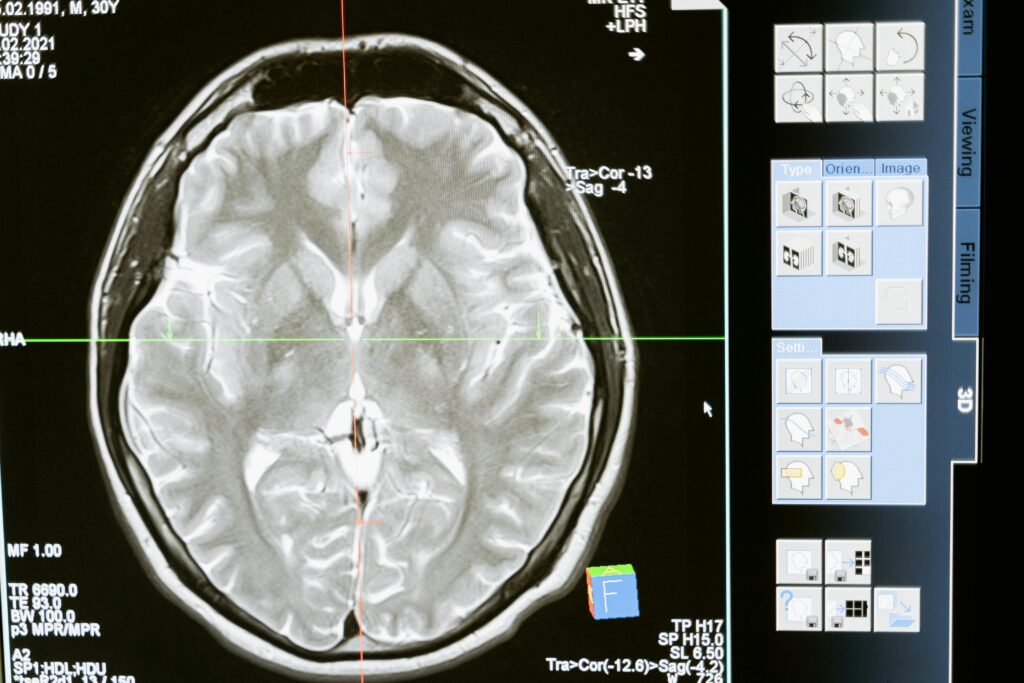
Project Stargate, also known as the Stargate Program, was a highly controversial government-sponsored research program conducted by the Central Intelligence Agency (CIA) and other intelligence agencies between the 1970s and the 1990s. The program aimed to investigate the potential of psychic abilities, particularly remote viewing, and ESP (extrasensory perception), for intelligence gathering purposes.
Despite its controversial nature and lack of conclusive results, Project Stargate remains a fascinating chapter in the history of parapsychology and the exploration of the potential of the human mind. This article delves into the history, methodology, controversies, and legacy of the program, providing a comprehensive overview of this enigmatic research endeavor.
The Origins of Project Stargate
The roots of Project Stargate can be traced back to the Cold War era. Amidst the escalating geopolitical tensions, the U.S. government sought to explore all possible avenues to gain an edge over its adversaries. This included exploring unconventional methods of intelligence gathering, leading to an interest in psychic phenomena and their potential military applications.
The CIA started the initial research project, known as SCANATE (Scientific Analysis of the Capabilities and Techniques of Electronic Espionage), in 1972. This program aimed to investigate the feasibility of using remote viewing for intelligence gathering.
Remote viewing, the ability to perceive information about a distant location or object without physical means, was considered a promising tool for gathering intelligence without relying on traditional methods like spies or satellites.
Project Stargate employed a standardized protocol for remote viewing experiments. Participants, known as “remote viewers,” were presented with a target, which could be a specific location, person, or event. They were then instructed to use their psychic abilities to gather information about the target and report their findings.
The remote viewers were isolated in a shielded room to minimize external influences. They were provided with minimal information about the target and instructed to focus their minds on acquiring information about it. Their impressions and experiences were recorded in detail, often in the form of sketches, written descriptions, and spoken accounts.
Controversies and Skepticism
From its inception, Project Stargate faced significant criticism and skepticism. Critics argued that the lack of conclusive evidence for psychic abilities rendered the program a waste of government resources. Additionally, concerns were raised about the program’s methodology, the possibility of unconscious bias and self-deception among participants, and the validity of the data collected.
Despite these criticisms, Project Stargate continued for over two decades. The program was subjected to numerous independent reviews and evaluations, some of which found evidence suggestive of psychic abilities while others found the results inconclusive or attributable to chance or alternative explanations.
The Legacy of Project Stargate
In 1995, Project Stargate was officially terminated due to the lack of conclusive evidence for its effectiveness and the high cost of maintaining the program. However, the research conducted under the program continues to spark debate and intrigue.
Proponents of psychic abilities point to certain experiments that yielded seemingly accurate information about the target locations, arguing that these instances cannot be explained by chance alone. Skeptics remain unconvinced, highlighting the methodological flaws and the lack of consistent and replicable results.
Despite its inconclusive outcome, Project Stargate played a significant role in bringing psychic phenomena into the realm of scientific investigation. It highlighted the need for rigorous research methodologies and the importance of critical evaluation when exploring the potential of the human mind and its unexplored frontiers.
Sources and Further Reading
- CIA declassified documents on Project Stargate: https://www.cia.gov/library/readingroom/collection/stargate
- Project Stargate: An Overview: https://www.parapsych.org/articles/05-08/stargate.html
- Project Stargate and Remote Viewing Technology: The CIA’s Files on Psychic Spying: https://amzn.to/3WBzNf2
- A Sorcerer’s Apprentice: A Skeptic’s Journey into the CIA’s Project Stargate and Remote Viewing: https://amzn.to/3WBzSzm
- The Stargate Chronicles: Memoirs of a Psychic Spy: https://amzn.to/3QIIfWe
Conclusion
Project Stargate remains a fascinating and controversial chapter in the history of parapsychological research. Despite its inconclusive results and eventual termination, the program raised important questions about the potential of the human mind and the nature of consciousness.
While the debate regarding the validity of psychic abilities continues, Project Stargate stands as a testament to humanity’s enduring fascination with the unexplored frontiers of its own potential.
POPULAR TODAY
While on an official lion hunt in Tanzania, Hichens reported seeing two small, brown, furry creatures walking upright.
